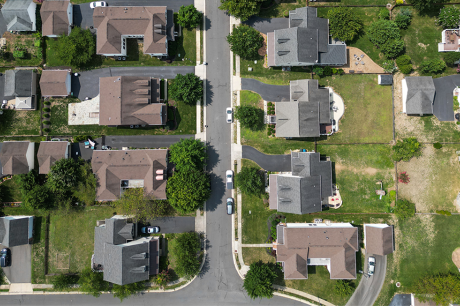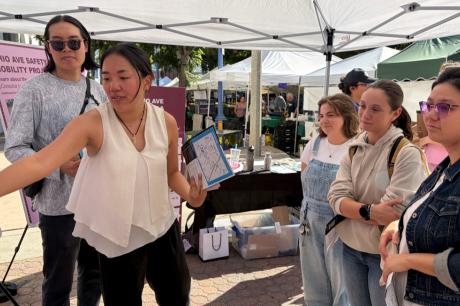Articles and analysis on today's issues

An interest rate cap would reduce borrowing costs for some Americans but could also reshape who can access credit, potentially pushing many into high-cost alternatives.
Three Principles of a National Housing Affordability Strategy In the face of today’s affordable housing crisis, federal policymakers can provide the leadership needed to advance a sustained, comprehensive strategy that drives down costs for all families.How Communities Can Ensure All Residents Contribute to Infrastructure Decisions Historic community engagement processes haven’t lifted the voices of all residents, but hyperlocal data and outreach can help ensure new investment meets the needs of every block and neighborhood.How and Why Philanthropies Should Consider Lived Experience in Their Grantmaking We spoke with a dozen thought leaders in the criminal legal space—including researchers, nonprofit leaders, and direct service providers—about how to consider lived experience and leadership.Nonprofit Leaders’ Concerns About Finances, Programming, and Workforce Challenges Intensified from 2024 to 2025 Evidence of shifts in the pressures nonprofits are facing can help funders, policymakers, and local leaders better understand and address the sector’s most pressing challenges.What Happens When ICE Detention Facilities Conflict with Land-Use Rules Designed to Promote the Public’s Interest? Though the federal government may be exempt from some local regulations, some states and localities are exploring policy options to ensure ICE facilities adequately protect the health and welfare of the people they detain and don’t overburden nearby communities.The State of the Union Is Expected to Focus on Affordability. What Does the Evidence Say Works? Addressing the affordability crisis will require a broad set of strategies from every level of government, including policies that tackle housing, health care, income, and more.





